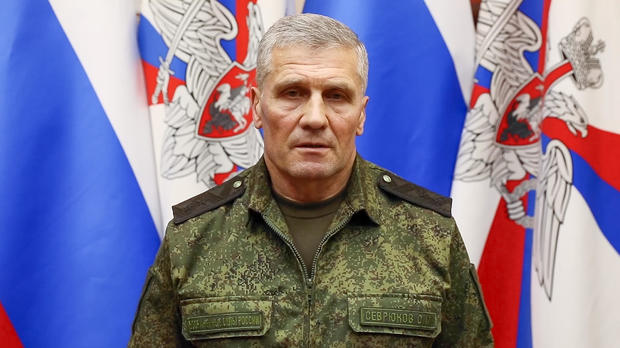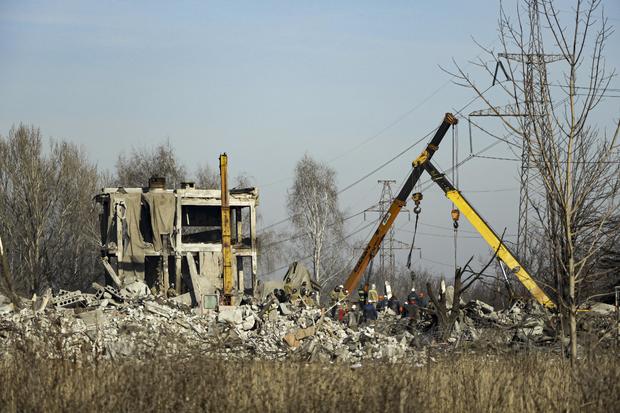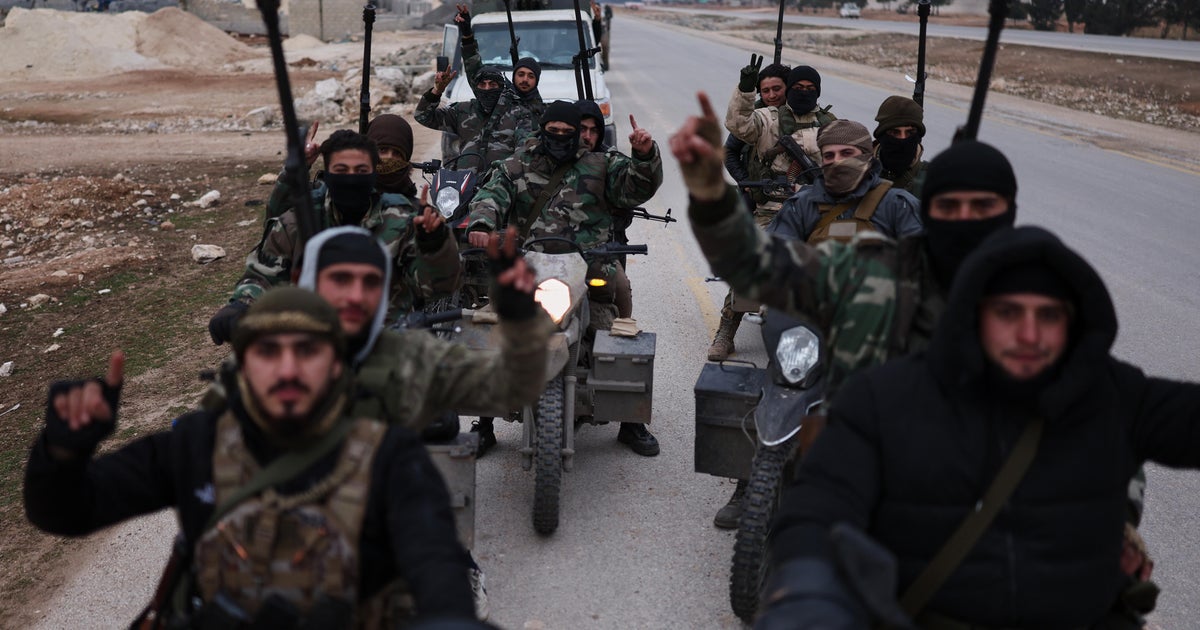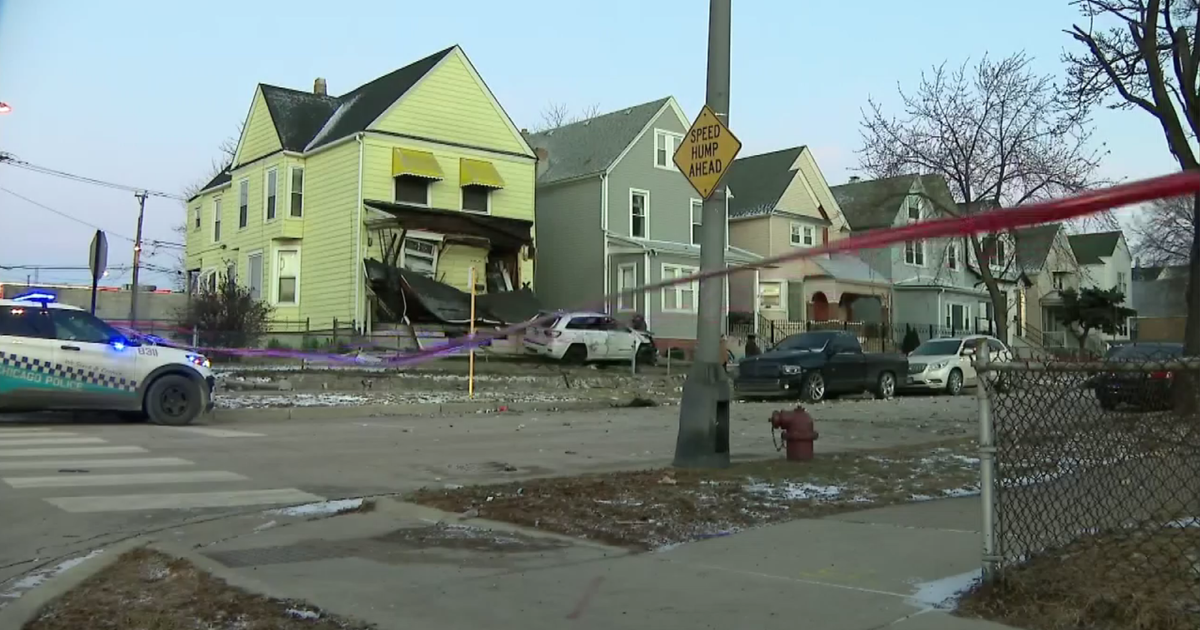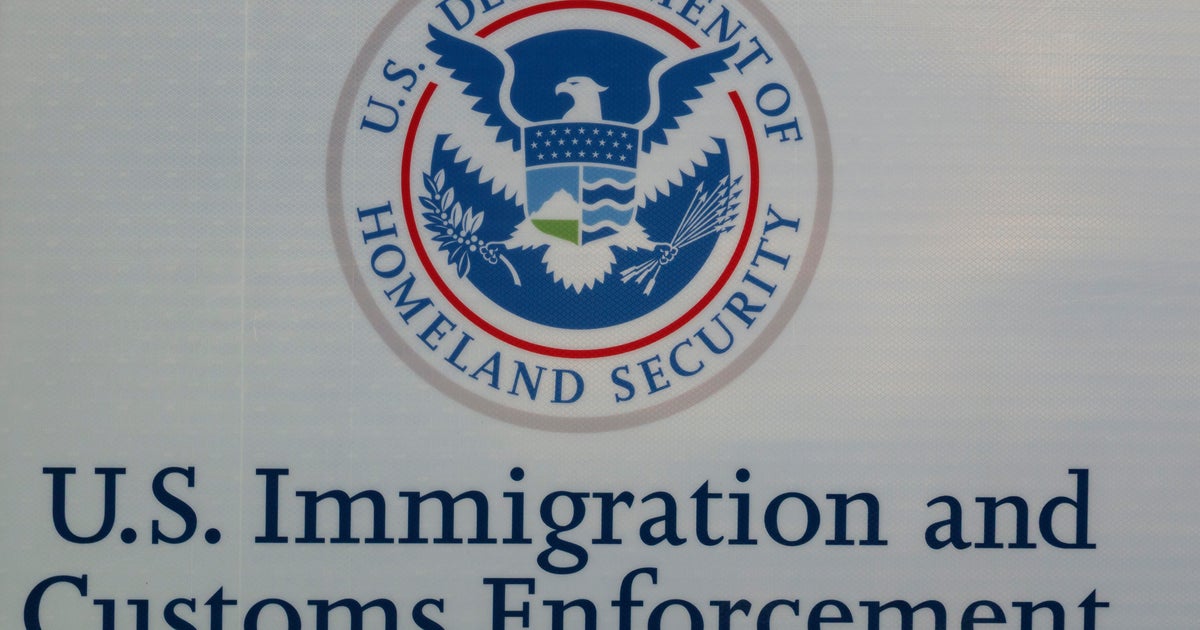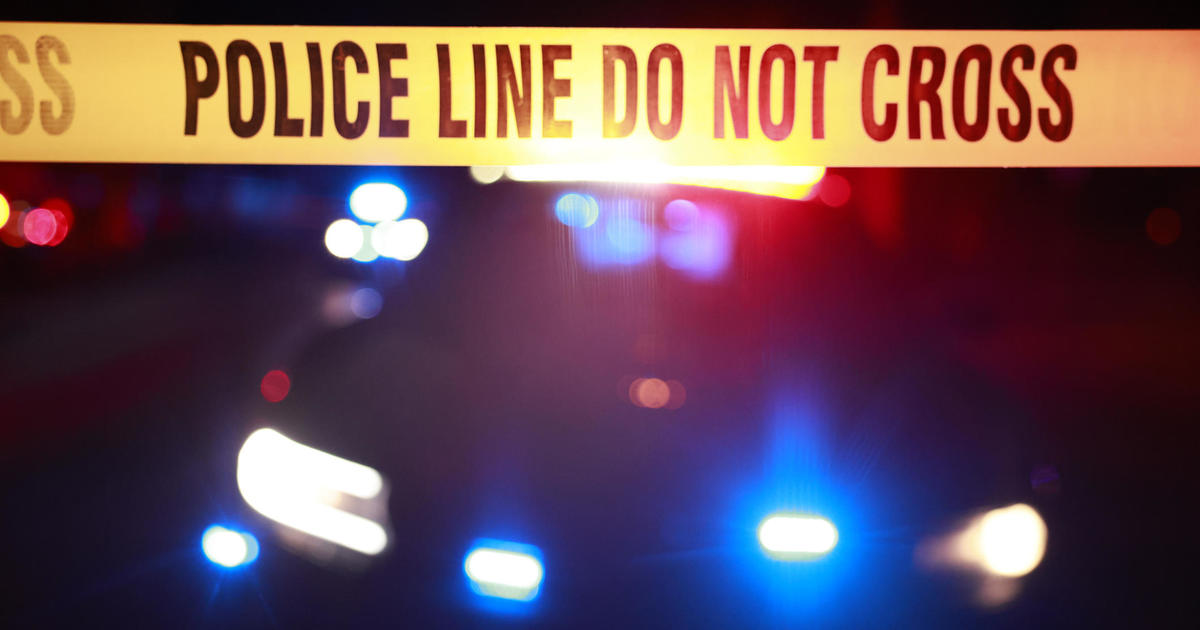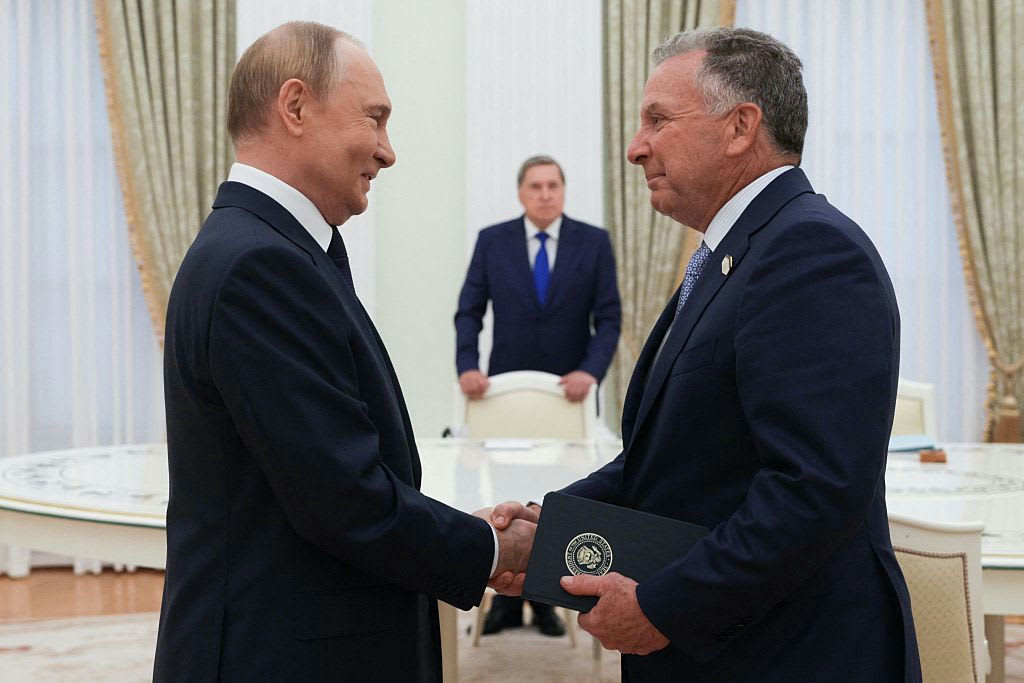Unauthorized use of cellphones by Russian soldiers led to Ukrainian strike that killed 89 troops, military says
Unauthorized use of cellphones by Russian soldiers led to a deadly Ukrainian rocket attack on the facility where they were stationed, according to the Russian military, as it raised the death toll from the weekend attack to 89.
Gen. Lt. Sergei Sevryukov said in a statement late Tuesday that phone signals allowed Kyiv's forces to "determine the coordinates of the location of military personnel" and launch a strike.
The Russian military is taking unspecified measures to "prevent similar tragic incidents in the future," Sevryukov said, and promised to punish officials responsible for the blunder.
The attack, one of the deadliest on the Kremlin's forces since the start of the war over 10 months ago, occurred one minute into the new year, according to Sevryukov.
It was the latest blow to the Kremlin's military prestige as it struggles to progress with its invasion of its neighbor, and stirred renewed criticism inside Russia of the way the war is being conducted amid a successful Ukrainian counteroffensive.
Ukrainian forces fired six rockets from a multiple launch system at a building where the soldiers were stationed. A knowledgeable official confirmed to CBS News that American-supplied HIMARS systems were used in the attack on the base. Two rockets were downed but four hit the building and detonated, prompting the collapse of the structure.
Details of the strike have trickled out in recent days.
U.K. intelligence officials said Wednesday that Moscow's "unprofessional" military practices were likely partly to blame for the high casualty rate on the troops.
"Given the extent of the damage, there is a realistic possibility that ammunition was being stored near to troop accommodation, which detonated during the strike, creating secondary explosions," the U.K. Defense Ministry said in a Twitter post.
In the same post, the ministry said that the building struck by Ukrainian missiles was little more than 7.5 miles from the front line, within "one of the most contested areas of the conflict," in the Donetsk region.
"The Russian military has a record of unsafe ammunition storage from well before the current war, but this incident highlights how unprofessional practices contribute to Russia's high casualty rate," the update added.
The Kremlin is preparing to step up its use of Iranian-made exploding drones after the Russian soldiers were killed, Ukraine's President Volodymyr Zelenskyy said.
"We have information that Russia is planning a prolonged attack by [exploding drones]" Zelenskyy said Monday in his nightly address. He said Russia's goal was "exhausting our people, our air defense, our energy sector," but that Ukraine must keep fighting back.
Meanwhile, the Kremlin-appointed leader of the Donetsk region, one of four that Moscow illegally annexed in September, on Wednesday praised the "courage and true heroism" of the dead Russian soldiers.
Denis Pushilin said in a Telegram post that some of those killed tried to pull their comrades from the burning building.
In Samara, in southwestern Russia, locals on Tuesday gathered for an Orthodox service in memory of the dead. The service was followed by a minute's silence, and flowers were laid at a Soviet-era war memorial, the state RIA Novosti agency reported. Unconfirmed reports in Russian-language media said the victims were mobilized reservists from the region.
The Russian Defense Ministry, in a rare admission of losses, initially said the strike killed 63 troops. But as emergency crews sifted through the rubble of the building, the death toll mounted. The regiment's deputy commander was among the dead.
Unconfirmed reports put the death toll much higher.
The Strategic Communications Directorate of Ukraine's armed forces claimed Sunday that around 400 mobilized Russian soldiers were killed in a vocational school building in Makiivka and about 300 more were wounded. That claim couldn't be independently verified. The Russian statement said the strike occurred "in the area of Makiivka" and didn't mention the school.
An official told CBS News the true death toll was likely somewhere between the figures offered by Ukraine and Russia.
"On the one hand, they don't like to ever admit to taking military casualties. On the other hand, by publicizing these numbers and keeping them relatively high but not admitting to the full amount, they can instead try to rally public support," Jeff Hawn, a Russia expert at the London School of Economics, told CBS News' Ian Lee.
The attack on the base brought a wave of criticism of Russia's senior military commanders, both online and from nationalist commentators who have long been largely supportive of the Kremlin's Ukraine strategy. Some commentators said many more soldiers could have been killed in the attack than the defense ministry admitted, and that it showed Russian commanders had not learned from past mistakes.
Ukraine's presidential office said Wednesday that at least five Ukrainian civilians were killed and 13 others were wounded in the country over the previous 24 hours, as Russian forces struck at nine regions in the country's south and east.
Ukraine continues to seek Western help in its fight against the invasion.
At a European Union-Ukraine summit on Feb. 3, Zelenskyy is due to hold talks with EU Council President Charles Michel and European Commission President Ursula von der Leyen about continued European support.
The summit will not include the EU's 27 national heads of state and government, officials say. The summit location has not been revealed.
Haley Ott contributed to this report.
